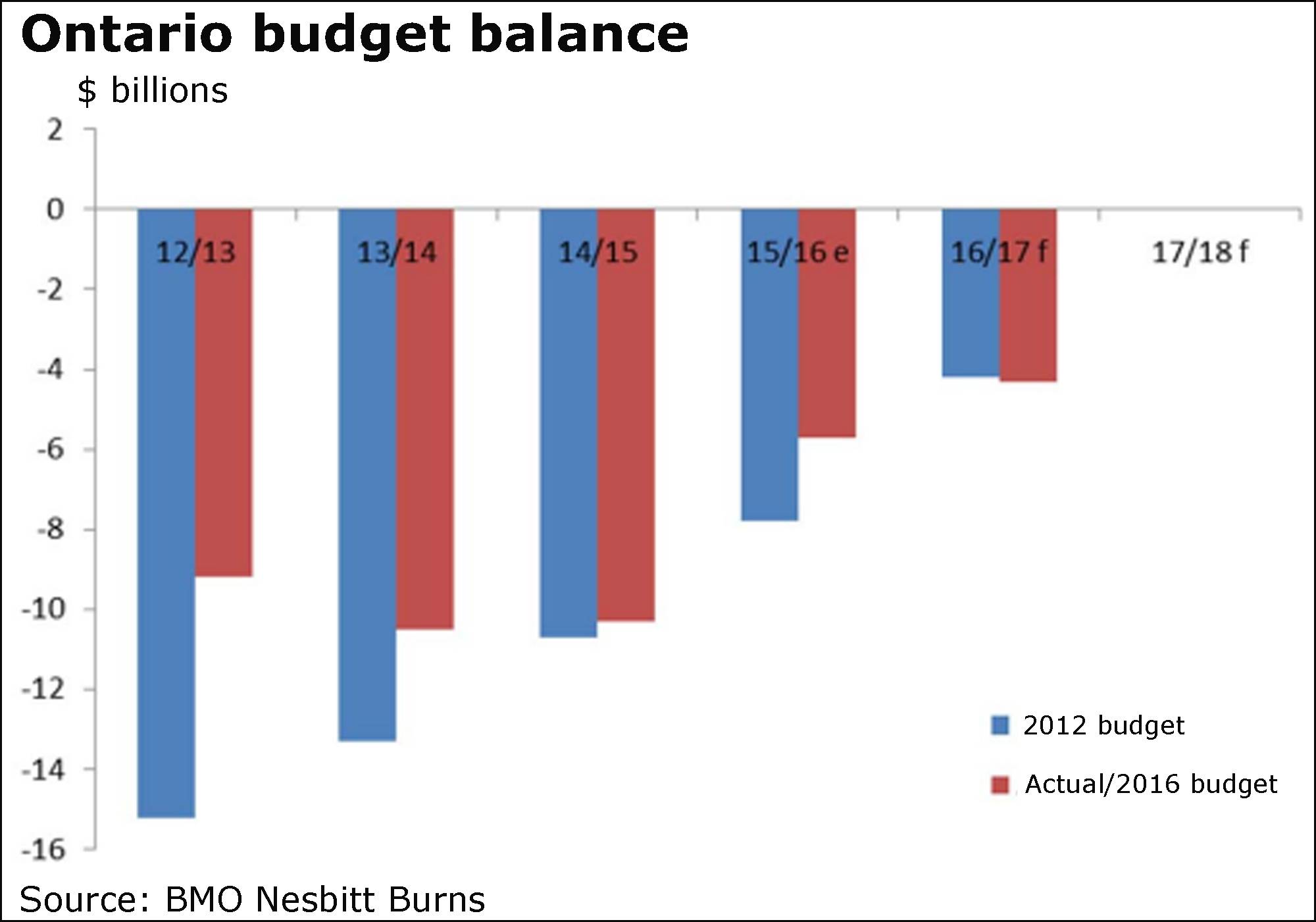The FBI vs. Apple
One of the questions emerging from saga of the FBI vs. Apple is what this could mean to BlackBerry Ltd., specifically corporate customers.
To recap, the FBI had been fighting Apple to unlock the iPhone of Rizwan Farook, one of the assailants in the December killing of 14 people in San Bernardino, Calif.
Yesterday, the U.S. Justice Department dropped its case against the tech giant, saying it had unlocked the phone itself.
How it did it remains unknown, and that’s one of the questions out there today.
Another issue, of course, is that this does nothing to end the controversy surrounding the right to privacy of smartphone users, the ground on which Apple stood.
And then there’s the issue of what it means to Apple, given that the phone got hacked.
“Software always has security flaws and Apple, like any software company, releases updates for its iOS operating system,” noted CMC Markets analyst Jasper Lawler.
“The company’s PR machine is already suggesting the hack may not have been possible with later iPhone models,” he added in a research note.
“Apple will likely fill in the security hole but fixing the reputational damage could take longer.”
Individual iPhone users won’t be particularly troubled, Mr. Lawler said, but the corporate world is another matter.
“Information is power, and corporations won’t want valuable data finding its way to competitors via lost iPhones,” he said.
“Apple has been making great strides in the enterprise space after partnering with IBM, and concern of one or more vulnerabilities on the iPhone could undermine that,” he added, citing the hot competition for such services.
“The open-source nature of Google’s Android operating system makes it inherently less secure for enterprise customers, and the unpopular Windows-enabled mobile devices means Microsoft is an unlikely alternative to Apple. If the government hack frightens off Apple’s new corporate customers, it’ll likely be BlackBerry they go running to.”
BlackBerry, of course, has long heralded its security measures. The Canadian company’s setbacks, market losses and stock performance, are well known but “this underperformance may be about to end if BlackBerry can use this hack of an iPhone to underline its prowess in smartphone security.”
Contingencies
BMO Nesbitt Burns wonders whether the federal government will borrow a page from Ontario’s fiscal playbook where its fat contingency is concerned.
That $6-billion “cushion” unveiled by federal Finance Minister Bill Morneau last week has become something of a talking point, said BMO senior economist Robert Kavcic, and there’s no word on whether it will be saved or spent if economic developments unfold as projected.
“By setting the bar excessively low to start, the Finance Minister now has plenty of room to manoeuvre on the spending front, while still hitting the (inflated) deficit targets published [last] week,” Mr. Kavcic said in a recent research note.
“In other words, if the economy performs as expected, Ottawa can spend yet another $4-billion, and still claim they ‘beat their deficit projection’ by $2-billion.”

This is a “tactic” Ontario has “quietly been using” recently, Mr. Kavcic said, noting that the province’s Liberal government has both racked up a smaller deficit than it forecast in its 2012 budget and spent more in the process.
“In a nutshell, part of the contingency reserve and lower-than-expected debt service costs have been recycled back into the spending plan, with some left over for the bottom line,” he said.

“Don’t be surprised if Ottawa takes a similar tack. Think about it another way: If growth outperforms by 1 percentage point this year, raise your hand if you think Ottawa will come in with a [fiscal year 2016-17] deficit that is $9-billion smaller than projected today.”